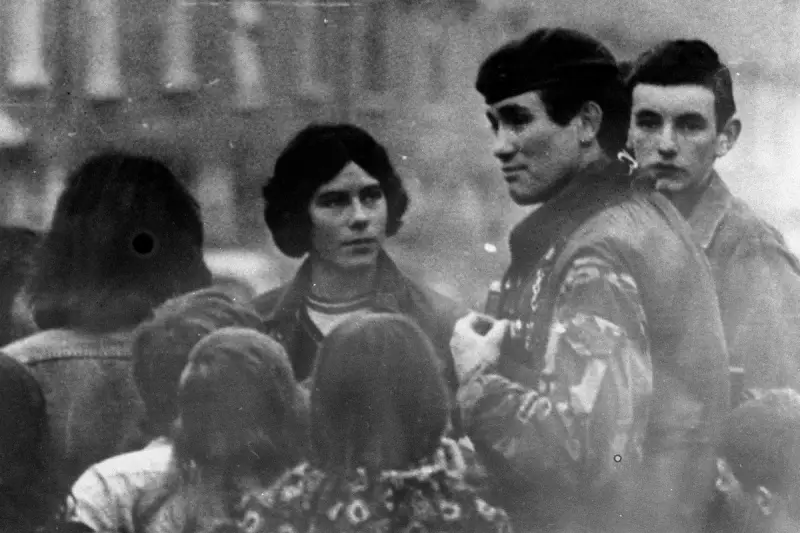
Shocking new allegations have surfaced against the BBC, claiming the broadcaster actively spread false information during one of the most volatile periods of the Northern Ireland Troubles.
The 1985 Rumour Mill
According to recently uncovered claims, the BBC allegedly circulated a damaging false rumour in 1985 that two senior officers from the Royal Ulster Constabulary (RUC) had been arrested at a police station in County Fermanagh. The broadcast reportedly sent shockwaves through the community during an already tense period.
The allegations suggest this misinformation was deliberately spread, raising serious questions about media ethics and the BBC's role during the conflict. If proven true, these actions could have significantly inflamed community tensions and undermined public trust in law enforcement.
Historical Context and Impact
The Troubles period in Northern Ireland was marked by extreme violence and deep-seated community divisions. The RUC, as the principal police force, operated in an incredibly challenging environment where trust and credibility were paramount to maintaining order.
The spread of such misinformation, if accurate, could have had dangerous consequences:
- Undermined public confidence in policing
- Exacerbated community tensions
- Potentially endangered RUC officers and their families
- Compromised the BBC's reputation for impartial reporting
Modern Implications and Questions
These historical allegations come at a sensitive time for the BBC, as the broadcaster continues to navigate complex questions about its historical reporting during the Troubles period. The claims raise important considerations about media responsibility in conflict zones and the lasting impact of reporting decisions made decades ago.
The emergence of these allegations underscores the ongoing need for transparency and accountability regarding historical media practices during Northern Ireland's most difficult years.
As investigations into these claims continue, they serve as a stark reminder of the powerful role media plays in shaping public perception during times of conflict, and the enduring consequences when that power is potentially misused.





